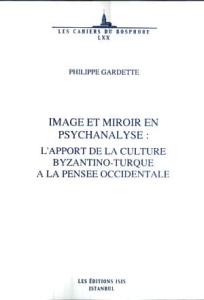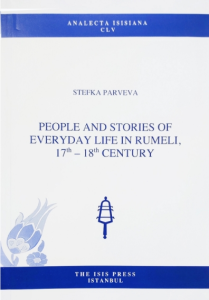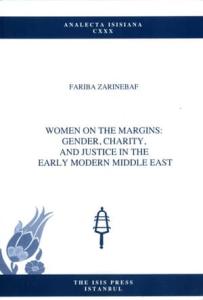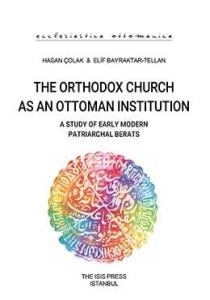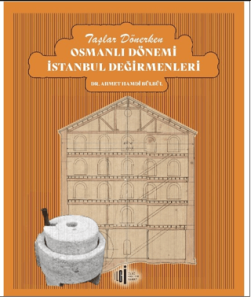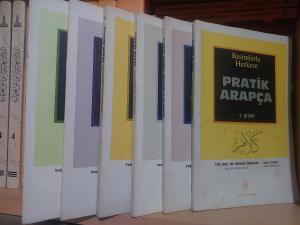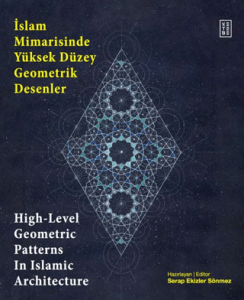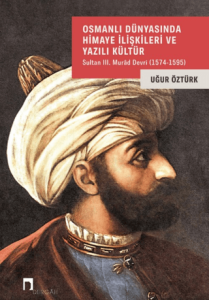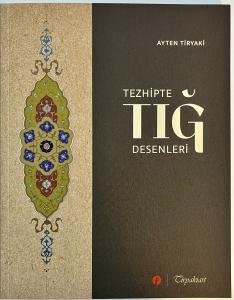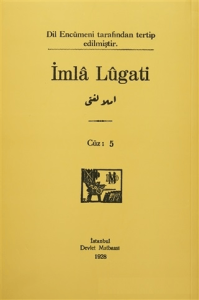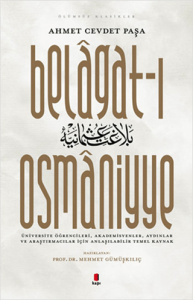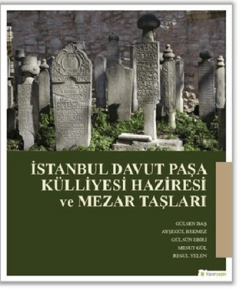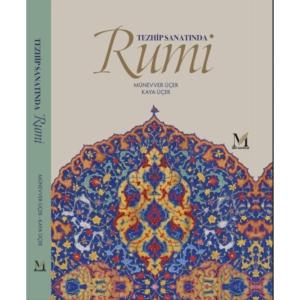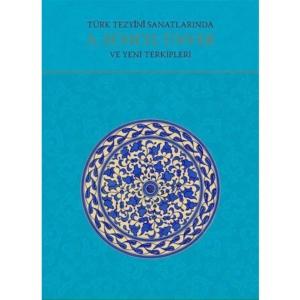
Foreword Introduction 1. The Balkan didactic literature in the post-communist period 1. Introduction 2. The revision of the teaching of history after 1990 3. Characteristics of the Balkan history textbooks after the fall of communism 4. The project for a Common History 5. Reactions against the revision of history 6. Conclusions 2. The evolution of history textbooks in Romania after the fall of communism 1. Historical subjects during inter-nationalist communism 1944-1965 2. Historical subjects during nationalist communism1965-1989 3. The evolution of history textbooks after 1990 4. The reformation stages of the history textbooks 5. Problems brought up by alternative history text-books. The Cluj textbook incident 6. The historiographical im-plications of this incident 7. The ethnocentric conception reflec-ted in the didactics of history 3. The teaching of history in Bos-nia and Herzegovina during the conflict and post-conflict period 1. Introduction 2. The political situation of Bosnia and Herzego-vina after the fall of communism 3. Education during the conflict perio 4. Education during the post-conflict period 5. The history textbooks 4. The Ottoman heritage in the Balkans 1.The toponym Balkans 2. The Ottoman heritage in the Balkans 3. The decline of the Ottoman Empire and its effects on the Balkan Pe-ples 4. Muslim minorities from South-Eastern Europe: a heritage of the Ottoman period 5. Romanian-Turkish relations and the Turkish-Tatar minority from Romania 1. Romanian-Turkish re-lations 2. The Turkish-Tatar minority from Romania 6. Bosnia and its Ottoman héritage 1. Bosnia during the Ottoman period 2. Bosnia after the Ottoman period 3. The Bosnians during the communist period 4. Post-communist Bosnia 5. Relations with Turkey 7. The image of the Turks in the Romanian history text-books during the post-communist period 1. The formation and expansion of the Ottoman Empire 2. Christianity versus Islam 3 The fight against the Ottomans conducted by Țările Române in the 14th -18th centuries 4. The Eastern Question 5. The Phanario-te century 6. The liberation wars of the peoples from the Otto-man Empire – The Revolution of 1821, The Independence War 8. The image of the Turks in the Bosnian history textbooks du-ring the post-communist period 1. The origin and creation of the Ottoman state 2. The organization and functioning of the Otto-man state 3. Ottoman expansion in the Balkans. The conquest of Bosnia by the Ottomans 4. Bosnia during the Ottoman period 5. The decline of the Ottoman Empire – 17th and 18th centuries 6. The vilayet of Bosnia during the 19th century 7. Ottoman in-fluences Conclusions Bibliography Illustrations
Foreword Introduction 1. The Balkan didactic literature in the post-communist period 1. Introduction 2. The revision of the teaching of history after 1990 3. Characteristics of the Balkan history textbooks after the fall of communism 4. The project for a Common History 5. Reactions against the revision of history 6. Conclusions 2. The evolution of history textbooks in Romania after the fall of communism 1. Historical subjects during inter-nationalist communism 1944-1965 2. Historical subjects during nationalist communism1965-1989 3. The evolution of history textbooks after 1990 4. The reformation stages of the history textbooks 5. Problems brought up by alternative history text-books. The Cluj textbook incident 6. The historiographical im-plications of this incident 7. The ethnocentric conception reflec-ted in the didactics of history 3. The teaching of history in Bos-nia and Herzegovina during the conflict and post-conflict period 1. Introduction 2. The political situation of Bosnia and Herzego-vina after the fall of communism 3. Education during the conflict perio 4. Education during the post-conflict period 5. The history textbooks 4. The Ottoman heritage in the Balkans 1.The toponym Balkans 2. The Ottoman heritage in the Balkans 3. The decline of the Ottoman Empire and its effects on the Balkan Pe-ples 4. Muslim minorities from South-Eastern Europe: a heritage of the Ottoman period 5. Romanian-Turkish relations and the Turkish-Tatar minority from Romania 1. Romanian-Turkish re-lations 2. The Turkish-Tatar minority from Romania 6. Bosnia and its Ottoman héritage 1. Bosnia during the Ottoman period 2. Bosnia after the Ottoman period 3. The Bosnians during the communist period 4. Post-communist Bosnia 5. Relations with Turkey 7. The image of the Turks in the Romanian history text-books during the post-communist period 1. The formation and expansion of the Ottoman Empire 2. Christianity versus Islam 3 The fight against the Ottomans conducted by Țările Române in the 14th -18th centuries 4. The Eastern Question 5. The Phanario-te century 6. The liberation wars of the peoples from the Otto-man Empire – The Revolution of 1821, The Independence War 8. The image of the Turks in the Bosnian history textbooks du-ring the post-communist period 1. The origin and creation of the Ottoman state 2. The organization and functioning of the Otto-man state 3. Ottoman expansion in the Balkans. The conquest of Bosnia by the Ottomans 4. Bosnia during the Ottoman period 5. The decline of the Ottoman Empire – 17th and 18th centuries 6. The vilayet of Bosnia during the 19th century 7. Ottoman in-fluences Conclusions Bibliography Illustrations

